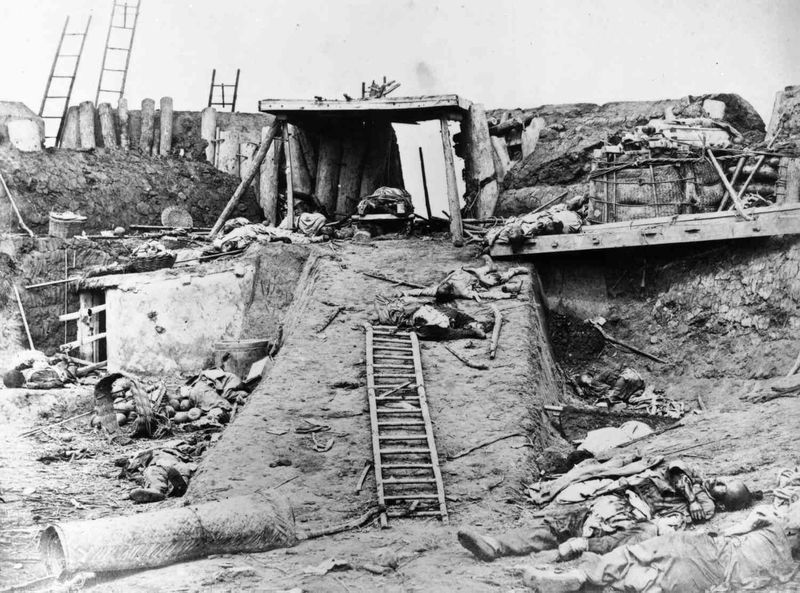The First and Second Opium Wars
Updated on January 28, 2019
As usage and addiction increased, the Qing government grew ever more concerned. By some estimates, as many as 90% of the young males along China's east coast were addicted to smoking opium by the 1830s. The trade balance swung in Britain's favor, on the back of illegal opium smuggling.
China's second crushing defeat by the western powers also served as both a revelation and a warning to Japan. The Japanese had long resented China's preeminence in the region, sometimes offering tribute to the Chinese emperors, but at other times refusing or even invading the mainland. Modernizing leaders in Japan saw the Opium Wars as a cautionary tale, which helped spark the Meiji Restoration, with its modernization and militarization of the island nation.
In 1895, Japan would use its new, western-style army to defeat China in the Sino-Japanese War and occupy the Korean Peninsula...events that would have repercussions well into the twentieth century.
โฆษณา
- ดาวน์โหลดแอปพลิเคชัน
- © 2026 Blockdit



